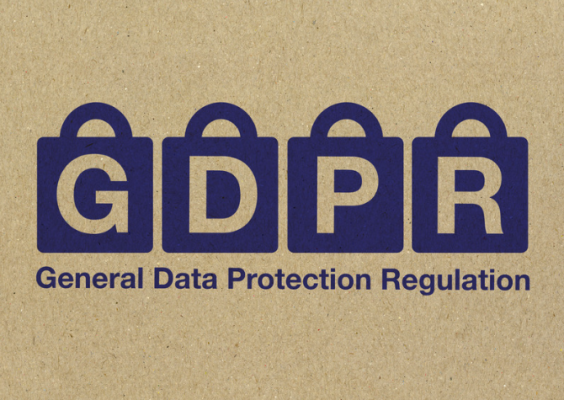
Since its implementation in May 2018, the General Data
Protection Regulation (GDPR) has had a significant impact on businesses around
the globe, including small businesses. Understanding GDPR is crucial for any business
that processes the data of European Union (EU) citizens, regardless of where
the business is located. Here’s what small business owners need to know about
the implications of GDPR and how it affects their operations:
1. Stricter Data Protection Standards: GDPR requires
businesses to implement stringent data protection measures to safeguard
personal data. This includes ensuring that personal data is processed legally,
transparently, and for a specific purpose. Once that purpose is fulfilled, the
data should be deleted.
2. Enhanced Individual Rights: The regulation
enhances the rights of individuals, giving them more control over their
personal data. This includes rights to access, correct, delete, and restrict
the processing of their data. Small businesses must ensure they have processes
in place to address these requests promptly.
3. Obligation to Report Data Breaches: GDPR mandates
that any data breach likely to result in a risk to the rights and freedoms of
individuals must be reported to the relevant supervisory authority within 72
hours of the organization becoming aware of it. This can be a significant
challenge for small businesses that may not have the same resources as larger
corporations to monitor and report breaches effectively.
4. Potential for Heavy Fines: Failure to comply with
GDPR can result in hefty fines, up to 4% of annual global turnover or €20
million (whichever is greater). For small businesses, such fines can be
particularly devastating, emphasizing the importance of compliance.
5. Need for a Data Protection Officer (DPO):
Depending on the nature and scope of the data processing activities, small
businesses might need to appoint a Data Protection Officer to oversee GDPR
compliance. This is typically necessary for businesses that process large
volumes of EU resident data or engage in large-scale monitoring.
6. Impact on Marketing Activities: GDPR affects how
businesses can collect, use, and store data for marketing purposes. Small
businesses must obtain explicit consent from individuals before processing
their data, which can change how customer databases are built and maintained.
Despite the challenges, GDPR also presents an opportunity
for small businesses to improve their data handling practices, enhance their
reputation, and build trust with customers by demonstrating compliance.
At Cyber Safe Business, we understand the complexities of
GDPR compliance for small businesses. We offer tailored advice and solutions to
ensure that your data processing activities are compliant, securing your
business and your customers’ data.
👉 Concerned about GDPR
compliance for your small business? Contact Cyber Safe Business today for a
consultation and ensure you meet all regulatory requirements efficiently and
effectively.
#GDPR #DataProtection #SmallBusiness #Cybersecurity
#Compliance #CyberSafeBusiness #EURegulations